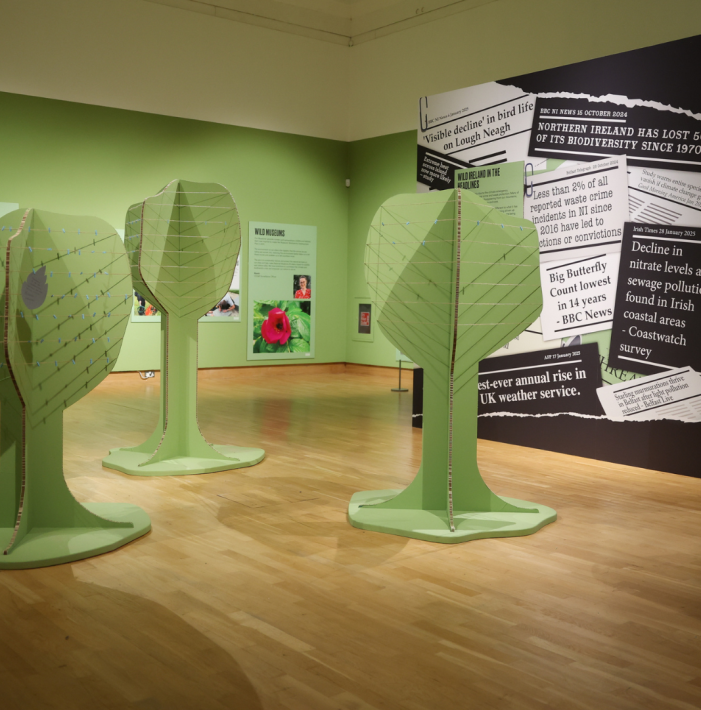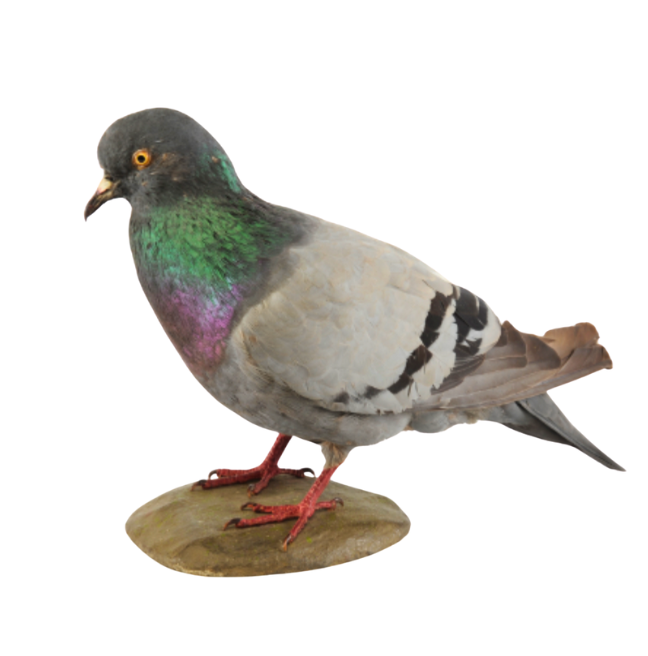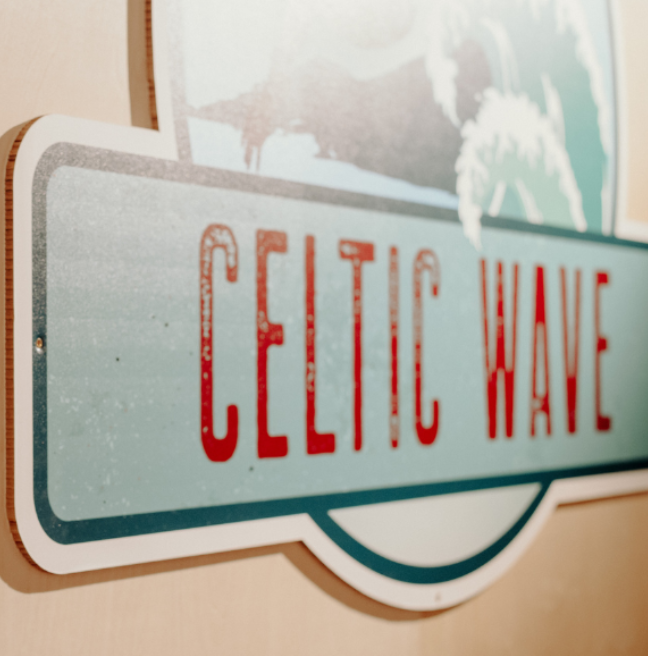In 2018/19, we commissioned a baseline carbon audit for our operations which revealed that we emitted 2,004t CO2e for direct and indirect emissions. CO2e refers to Carbon Dioxide Equivalent which is a measure to compare the climate effects of various greenhouse gases.
In 2023/24 our Scope 1 and 2 emissions have been calculated as 1,611.3 tonnes CO2e. Carbon reduction is now one of our lead environmental sustainability key performance indicators in our annual business plan. We are committed to a 50% reduction in direct and indirect emissions by 2030 in alignment with the 2015 Paris Accord.
We have also signed up to Business in the Community NI's Climate Action Plan and the Pledge to Net Zero, following science-based targets to tackle greenhouse gas emissions.
National Museums NI calculates its carbon emissions on a financial year basis using guidelines from the Science Based Target Initiative (SBTi) which are based on the Greenhouse Gas Protocol. Science-based targets provide organisations with a clearly defined path to reduce emissions in line with the Paris Agreement goals i.e. to limit the increase in global temperatures to no more than 1.5°C above pre-industrial levels.
Emissions are expressed in terms of carbon dioxide equivalent (CO2e) and calculated on basis of the SBTi guidelines using UK Government greenhouse gas emission factors and Scottish Government data for greenhouse gas emissions related to GDP.
| Emissions (tCO2e)/ Financial Year | Scope 1 (Direct emissions – Heat, fuel) | Scope 2 (Indirect emissions – Electricity) | Scope 1 & 2 Target | Scope 3 (Indirect emissions - External to organisation) | Total Emissions (tonnes CO2e) | Operational Carbon Intensity (Scope 1 & 2) |
| 2024/2025 | 1,051.1 | 768.5 | 1,600 | 4,260.9 | 6,042.5 | 28.73 kg CO2/m2 |
| 2023/2024 | 873.7 | 737.6 | 1,804 | 3,696.70 | 5,308.10 | 25.99 kg CO2/m2 |
| 2022/2023 | 1,200* | 727.5 | 1,904 | 4,663.80** | 6,591.20*** | 31.01 kg CO2/m2 |
| 2021/20221 | 1,061.90 | 810.1 | - | 3,266.50 | 5,138.50 | 31.8 kg CO2/m2 |
| 2018/2019 | 1,021.60 | 982.5 | Baseline | 6,495.10 | 8,499.30 | 34.25 kg CO2/m2 |
1. The estate area increased by 3,500 m2 during 2020 with the acquisition of additional storage and installation of new plant. Existing infrastructure was also refurbished in this period.
*Updated from previously reported figure of 1,282.9 t CO2e
** Updated from previously reported figure of 4,679.5 t CO2e
*** Updated from previously reported figure of 6,689.8 t CO2e







